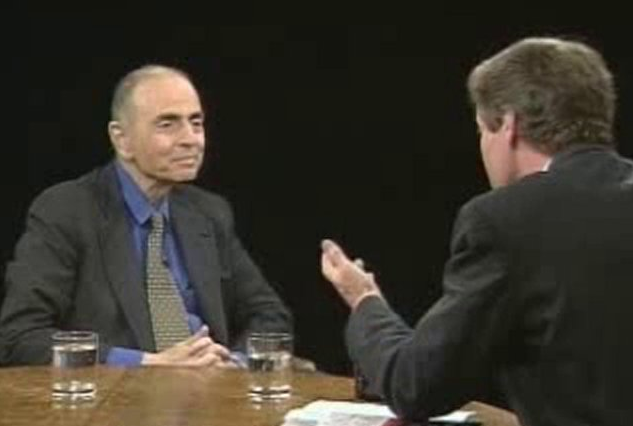The Last Word of Carl Sagan: A Warning for the Future

Throughout his illustrious career and until his passing in 1996, the legendary astronomer Carl Sagan remained committed to a singular mission: to popularize science and share the awe-inspiring wonders of the universe with a global audience. Sagan, known for his engaging personality and profound insights, made numerous appearances on the iconic television show The Tonight Show hosted by Johnny Carson during the 1970s and 1980s. His frequent visits were not merely for entertainment; Sagan aimed to connect with everyday Americans those who might not typically read serious science publications like Scientific American and to enhance public understanding and appreciation of the complexities and beauties of science.
Even in the twilight of his life, Sagan's dedication to science and its role in society remained steadfast. He was deeply concerned about the declining respect and understanding of scientific thought in American culture, especially as he faced a personal battle with myelodysplasia, a serious blood disorder. His fears were compounded by the political climate at the time, particularly the actions of the Newt Gingrich-led Congress, which he felt neglected the importance of scientific inquiry and education.
In a poignant final interview with Charlie Rose, broadcast on May 27, 1996, Sagan issued a dire warning about the state of society's relationship with science and technology. He stated, Weve arranged a society on science and technology in which nobody understands anything about science and technology, and this combustible mixture of ignorance and power sooner or later is going to blow up in our faces. I mean, who is running the science and technology in a democracy if the people dont know anything about it?
Sagan articulated a second layer of concern, emphasizing that science is not merely a collection of facts but rather a method of thinking a rigorous approach that encourages skepticism and critical inquiry. He warned, If we are not able to ask skeptical questions, to interrogate those who tell us that something is true, to be skeptical of those in authority, then were up for grabs for the next charlatan political or religious who comes ambling along. His insights reveal a profound understanding of human nature and the societal implications when ignorance prevails over knowledge.
Fast forward nearly two decades, and Sagans fears seem to resonate with alarming relevance. Under the second Trump administration, there has been a dramatic push to dismantle the scientific infrastructure that supports American governance. Funding cuts to vital organizations such as the National Science Foundation, the National Institutes of Health, and NASA have raised serious concerns among scientists and educators alike. These reductions threaten to undermine the very research institutions that have been essential to America's innovation and economic growth since World War II. The ongoing trend suggests a troubling shift in priorities, as scientific leaders are increasingly being replaced by figures like Robert F. Kennedy Jr., who have been criticized for promoting pseudoscience, reminiscent of the very warnings Sagan provided.
Sagan's astute observations about the dangers of ignorance in positions of power serve as a crucial reminder. While the United States grapples with these challenges, it is evident that other serious governments around the world are not making the same mistakes. They understand the value of supporting scientific research, innovation, and education as cornerstones of national development.
For those who wish to stay informed about cultural and educational developments, Open Culture offers a free email newsletter that aggregates new posts daily. This resource is invaluable for anyone keen to explore a variety of topics ranging from science to the arts.
Moreover, if you appreciate the mission of Open Culture, consider supporting their efforts through donations. The site relies on contributions to continue providing free educational resources to learners everywhere. Your support, whether through PayPal, Patreon, or Venmo, can help sustain their important work in promoting knowledge and culture.
Additional Related Content:
- The Steps a President Would Take to Destroy His Nation, According to Elon Musks AI Chatbot, Grok
- Carl Sagan Presents His Baloney Detection Kit: 8 Tools for Skeptical Thinking
- Richard Feynman Creates a Simple Method for Telling Science From Pseudoscience (1966)
- Daniel Dennett Presents Seven Tools For Critical Thinking

























